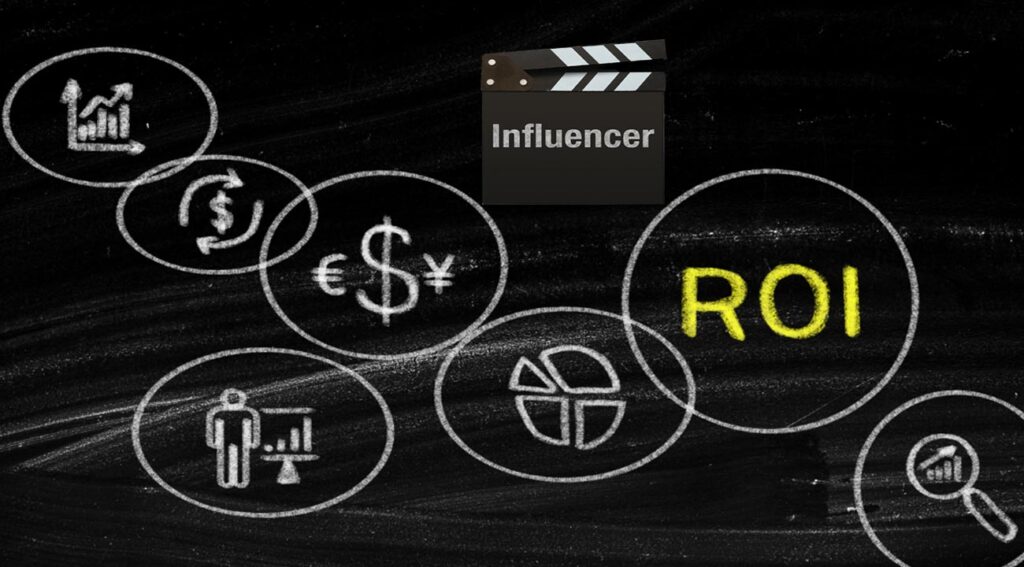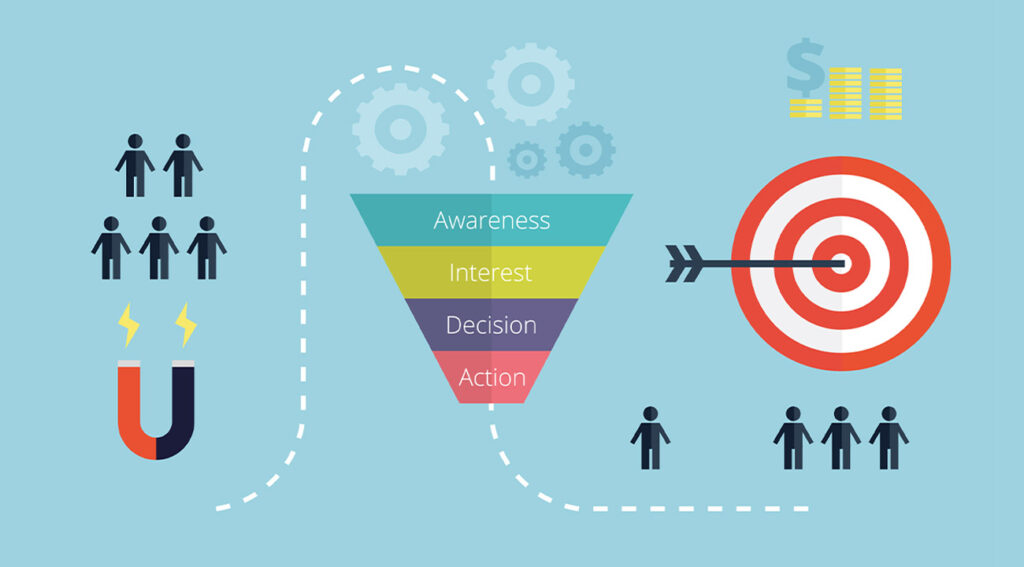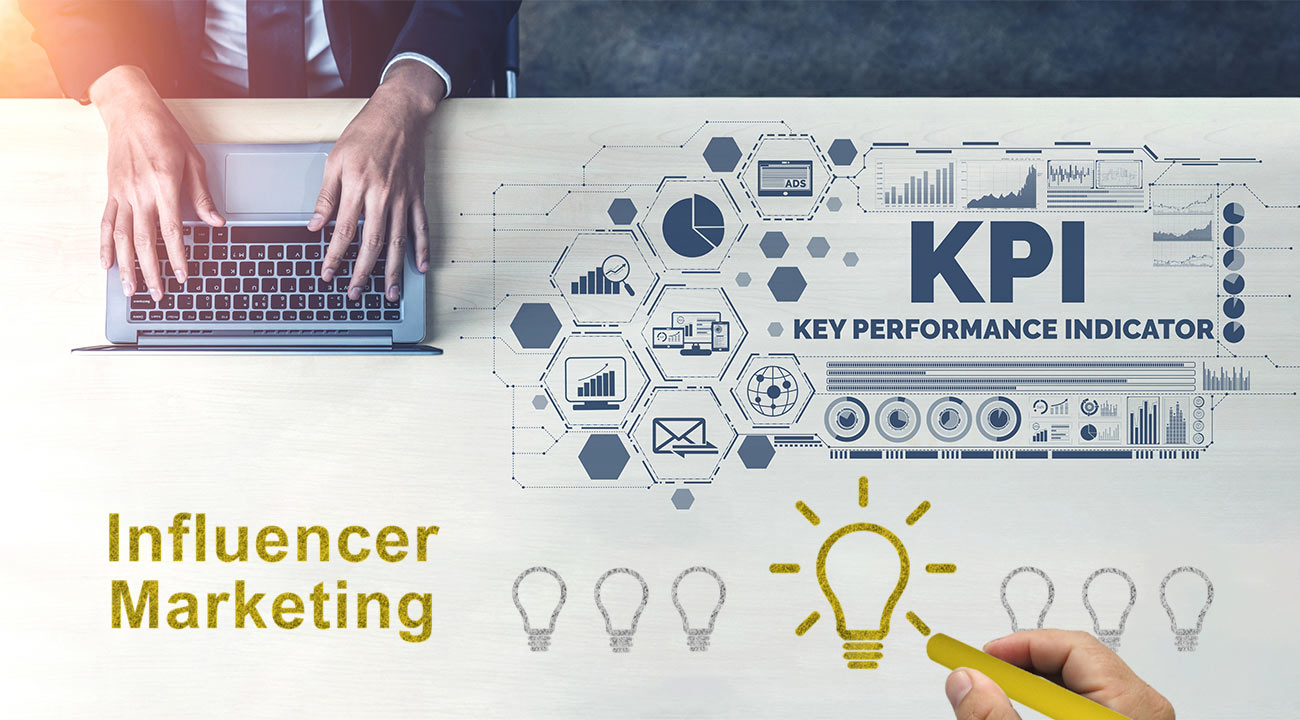Today influencer marketing has become a conventional method of digital marketing. As the number of influencers who are prominent on platforms such as Facebook, Instagram, and other social channels grows, digital marketers want to work with influencers more than ever to promote their brands and run a successful campaign.
With the growing popularity of social media, analyzing the results and analytics of your influencer marketing campaigns has become crucial as well. And assess the effectiveness of an influencer marketing strategy will necessitate the use of key performance indicators (KPIs). KPIs are described as a collection of quantitative metrics used by a corporation to assess the potential of its marketing tactics over time.
Why Do You Need Influencer KPIs?
Marketers must measure the KPIs of their influencer marketing technique in order to determine whether or not their marketing campaign is successful. However, you need to choose influencer marketing KPIs that are aligned with your objectives and which will allow you to assess the campaign’s success more efficiently.
Moreover, influencer marketing KPIs help companies in connecting with their unique goals, and they tend to differ from one company to the next. In short, measuring the influencer KPIs helps the marketer know if their marketing strategy is working or not.
Influencer Marketing KPIs Can Help You Track The Performance
Influencer marketing is one of the most effective methods to develop a brand on social media. And you need to measure your outcomes to ensure marketing success, which is why you need these influencer KPIs. To measure the effectiveness of your influencer campaign, we have compiled a list of 5 KPIs for you to track.
1. Audience Reach for Brand Awareness

Before you can anticipate clients or sales, you need to get your brand name out there, and one of the greatest ways to do so is through an influencer marketing campaign. So if your company’s aim is to increase brand recognition, it’s essential to measure the reach of your influencer marketing strategy. You can figure out how many people are aware of your product or service by measuring the reach of your campaign.
Moreover, it also assists you in determining the efficacy of each influencer and determining who provides the most value for your money. To boost brand awareness, you’ll want to measure how many individuals your campaign reached and how many new prospects were aware of your brand. Here are the KPIs to track for measuring brand awareness.
- Audience Count: The total number of your influencer audience is a powerful indication of brand awareness. You need to keep an eye on audience growth during the ongoing campaign period. And after the campaign ends, you can count how many followers your brand gained from the partnership.
- Number of Impressions and Reach: The number of audiences who see your brand’s post is referred to as its reach, and impressions are the number of times your content was displayed to your audience. So measuring the impression and reach of your brand will also tell you how successful your marketing campaign is going.
2. Social Engagement Rate

Another important KPI to measure the influencer marketing campaign’s success is the engagement rate. It mainly refers to the number of audiences engaged with the influencer’s post or content. There is a significant number of engagements such as likes, shares, and comments that ensure influencers have been effective in producing favorable brand perception and fostering meaningful conversations with their audience.
Comparing the engagement created by various influencers also demonstrates who is doing better with your audience. This way, you can identify which influencers are suitable for long-term collaborations. You can keep track of these indicators to determine your influencer engagement rates.
- Like: Likes are the most straightforward way to know whether people appreciate the influencer’s content or not.
- Share: This metric can determine the quality of your brand’s content. When people share your content on social media networks, it means they would be more inclined to recommend your products or services to others too.
- Comment: You can assess whether or not your audience loves your material based on the number and kind of comments.
- Clicks: Clicks are a means to determine your audience’s degree of interest.
3. Referral Traffic

Referral traffic is an important factor in this KPI metrics list. The volume of traffic that comes to your page from a separate source is known as referral traffic. You should keep track of the amount of traffic that the campaign generates for your website to see how successful your marketing campaigns are.
Referral traffic is important since the more traffic your website receives, the more likely your company is to sell a product. You can determine the traffic by tracking these metrics:
- New viewers: You need to keep track of new users who are visiting your website. This number will also give a good insight into your brand awareness.
- Total pageviews: This refers to the number of pages that were visited during the said time period. You’ll be able to see where your users spend most of their time.
- Referral sources: This allows you to see which of your influencers are bringing the most visitors to your website.
- Time on Site: This metric will tell you the amount of time people have spent on your website on average.
4. Influencer Campaign ROI

Influencer Marketing, like any other investment, must yield a profit. Your ROI is the difference between the amount of money you spent on the campaign and the amount of money you made. You must ensure that your funding is spent on areas with a good return on investment.
To determine whether influencer marketing is yielding a favorable return on investment, you must first define your objectives and then choose the appropriate KPIs to gain insight into your campaign’s success. Another way to calculate ROI is by measuring the earned media value (EMV). EMV entails estimating the value of the interactions generated by the campaign, such as reach and engagement.
5. Conversions
Conversions are the most common way for marketers to evaluate the performance of influencer marketing. When the target audience of your marketing campaign completes a targeted activity, this is referred to as a conversion.
This may be accomplished by directing them to your landing page or convincing them to sign up for your email list or newsletter, downloading an ebook, and clicking on a link.

Wrapping Up
While there is no single answer to the issue of what defines success in influencer marketing, there are a number of key performance indicators (KPIs) that you can use to get your job done.
Brands can have a better knowledge of how effectively their influencer marketing initiatives are functioning by measuring these KPIs and making required modifications as per the outcomes.
Analyzing these KPIs will only help and benefit both the marketers and influencers to create more amazing things together.




